This Friday, the 59th New York Film Festival kicks off, boasting one of the finest festival lineups of 2021. With highlights from Sundance, Cannes, Berlinale, Telluride, and premieres of their own, the annual event is back in person both at Film at Lincoln Center and, for the first time, across the city.
To kick off our coverage, we’ve rounded up some essential, perhaps under-the-radar (at least in relation to a certain sci-fi blockbuster) selections from the festival, ranging from new releases to restorations. If you’re in the area, one can also see all available tickets here.
A Chiara (Jonas Carpignano)

Writer-director Jonas Carpignano completes his Calabrian trilogy with A Chiara, an enthralling drama about a teenage girl coming to terms with her family’s role in the mafia, which won the Europa Cinema Label at the Directors’ Fortnight in Cannes. With a documentary-like authenticity, this is a touching, powerful film with a lyrical visual palette and a superb sense of time and place. As in Mediterranea and A Ciambra, which told stories about immigration and the Roma community, respectively, Carpignano takes us to Gioia Tauro at the southern tip of the Italian mainland. For ten years the director has embedded himself here, a place infamous for the penetration in all walks of life of the ‘Ndrangheta, the secretive mafia clan that by some accounts controls three percent of Italy’s GDP. – Ed F. (full review)
Amos Vogel Centenary Retrospective
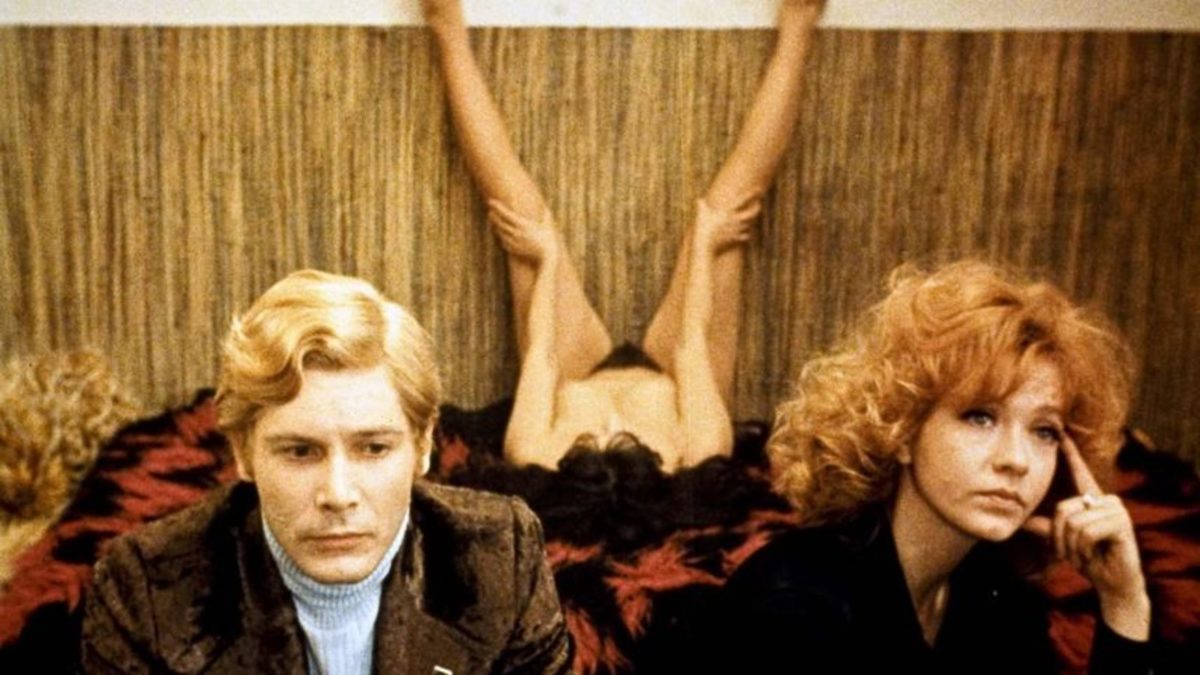
One of the most influential figures in cinema culture, especially as it relates to NYC, is Amos Vogel, the film programmer and NYFF co-founder who would’ve turned 100 this year. The festival is paying tribute to his fearless taste with a centenary retrospective, which kicks off with seven programs and then continues at Anthology Film Archives, Film Forum, Light Industry, Metrograph, MoMA, and the Museum of the Moving Image following NYFF59. Explore the wide-ranging lineup here.
Belle (Mamoru Hosoda)
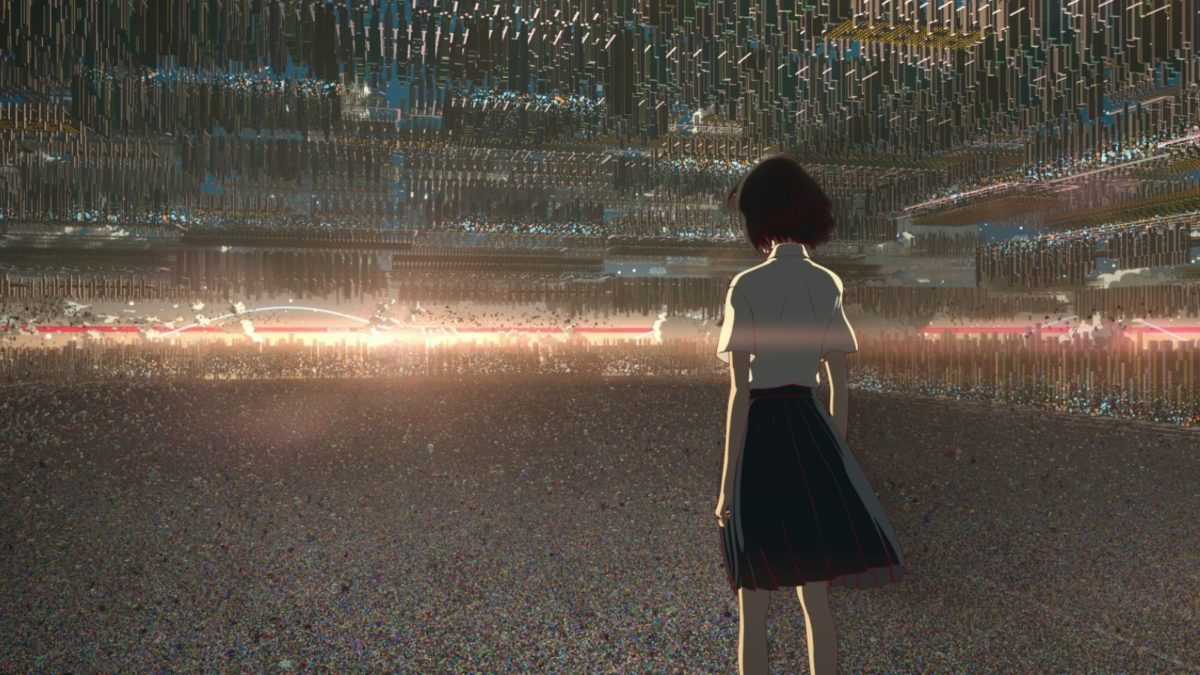
If a name can trigger nostalgia, don’t be surprised when the occasional sense of deja vu sets in while watching Belle, a dazzling near-future tech fantasia wrapped around a tale, yes, as old as time. Directed by Mamoru Hosoda and mostly set in a vast online world of sweeping musical numbers and weightless action sequences, it tells of Suzu, an awkward teenager (as if there were any other kind) who finds quick fame performing as the pop-singer Belle: her avatar on a hugely popular social media platform called U that looks like a sugary cocktail of Tik Tok and “The Oasis” from Spielberg’s Ready Player One. – Rory O. (full review)
Il Buco (Michelangelo Frammartino)
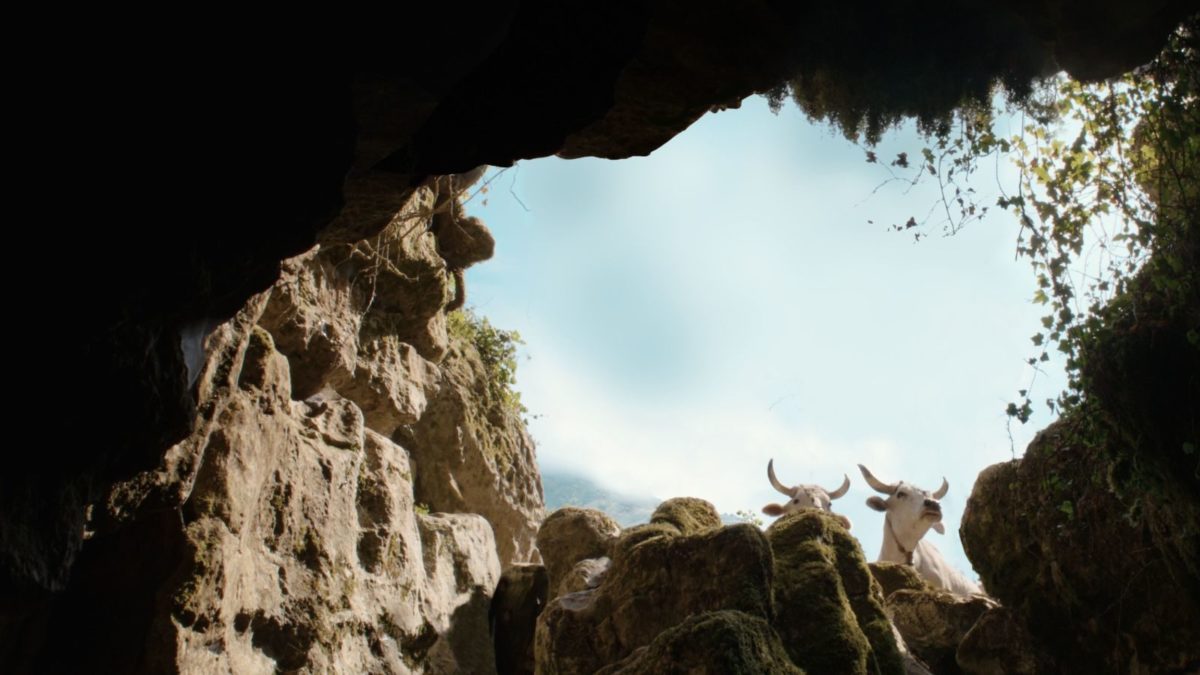
Caves… whence we came from––and for Italian auteur Michelangelo Frammartino’s latest work Il Buco––towards which we return. The fixation with caves and speleology in this film hint at the sometimes-regressive nature of that discipline. In human evolutionary terms, it’s like retracing one’s steps: going back towards the darkness, our primitive homes before homo sapiens could colonize other terrains (for better, or rather, for worse). As a candidate for geographical mapping, is there such an urgent sense of utility? Cave complexes such as the Bifurto Abyss in southern Italy, depicted in this film, are a kind of anti-space, comparable to actual “outer space” in their inaccessibility and inhospitality to today’s humans. – David K. (full review)
Chameleon Street (Wendell B. Harris Jr.)
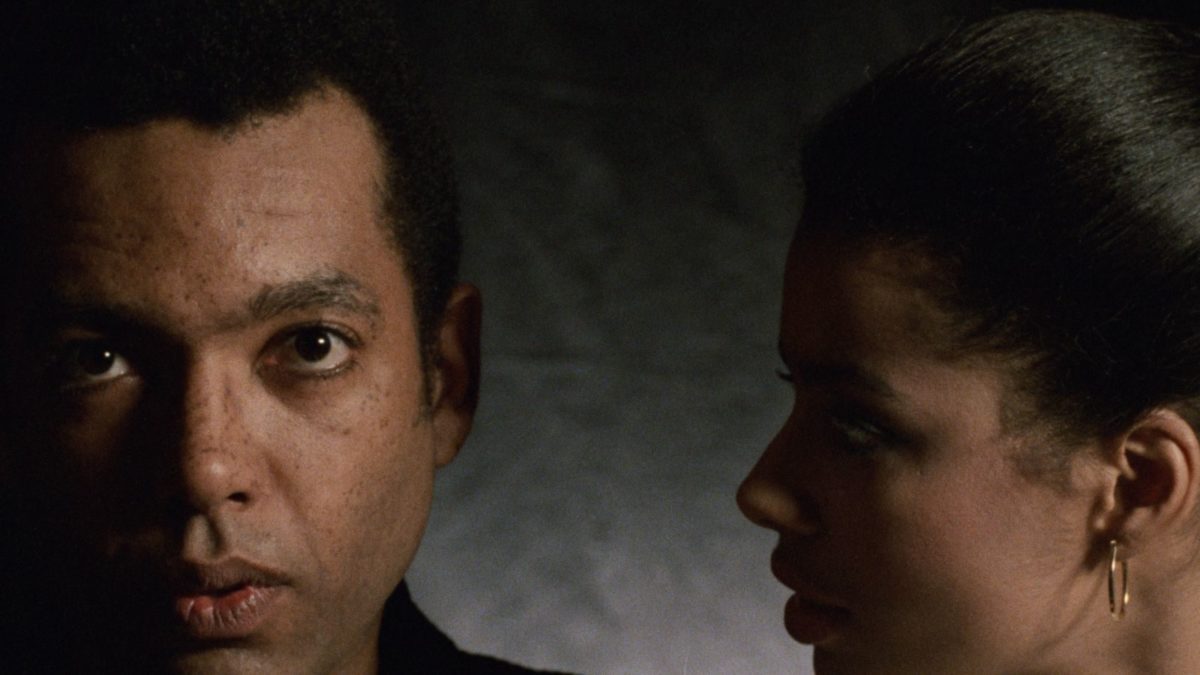
One of the great restorations of recent years, premiering in the festival’s Revivals section, is Wendell B. Harris Jr.’s Sundance Grand Jury Prize winner Chameleon Street. Premiering at the 1990 edition of the Park City festival, the film is both an enormously entertaining con man film and illuminating study of race. Following a con man from Detroit as he alters identities in an attempt to penetrate different pockets of American life that can be out of reach in a classist system. Fittingly, the film also plays with the short James Baldwin: From Another Place.
Flee (Jonas Poher Rasmussen)
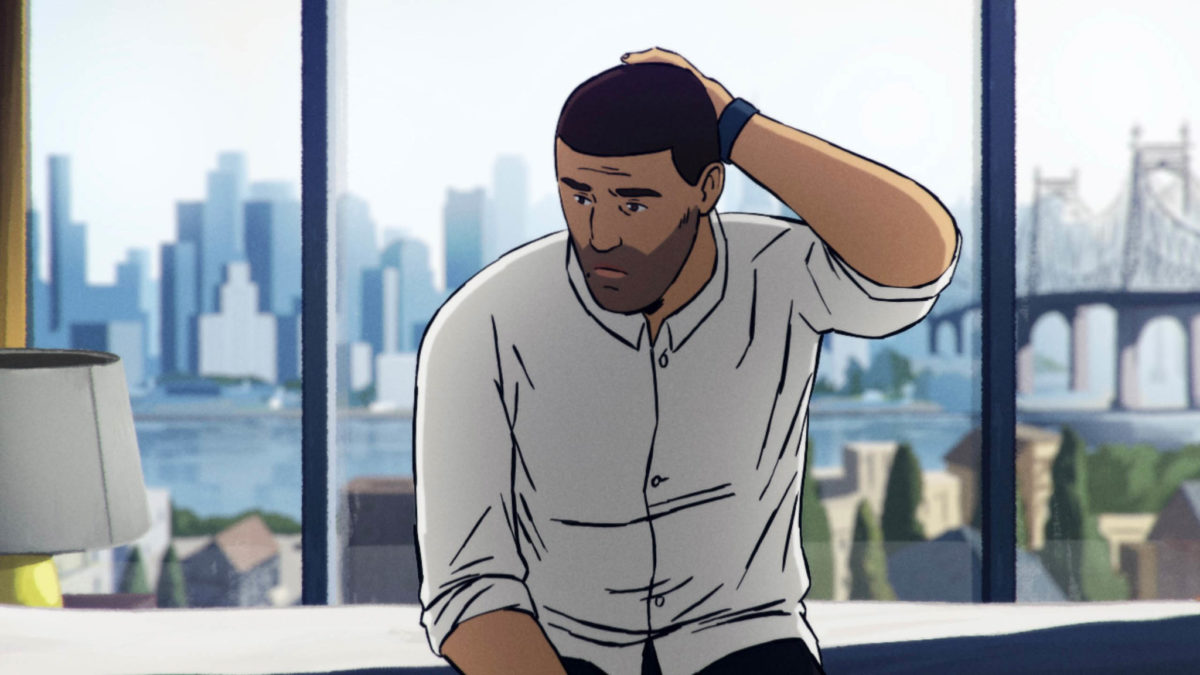
There have, of course, been a great many animated films about deeply serious subjects, many in recent years—Persepolis to Anomalisa to Waltz With Bashir. Jonas Poher Rasmussen’s Flee can now comfortably fit on this shelf of profoundly affecting films. Indeed, this 2021 Sundance Film Festival premiere ranks as one of the most uniquely memorable animated films of the last decade. It is remarkably successful as a study of the refugee experience, as a coming-of-age drama set against a backdrop of fear and danger, and as a tribute to one individual’s ability to survive and even flourish. – Chris S. (full review)
The Girl and the Spider (Ramon and Silvan Zürcher)
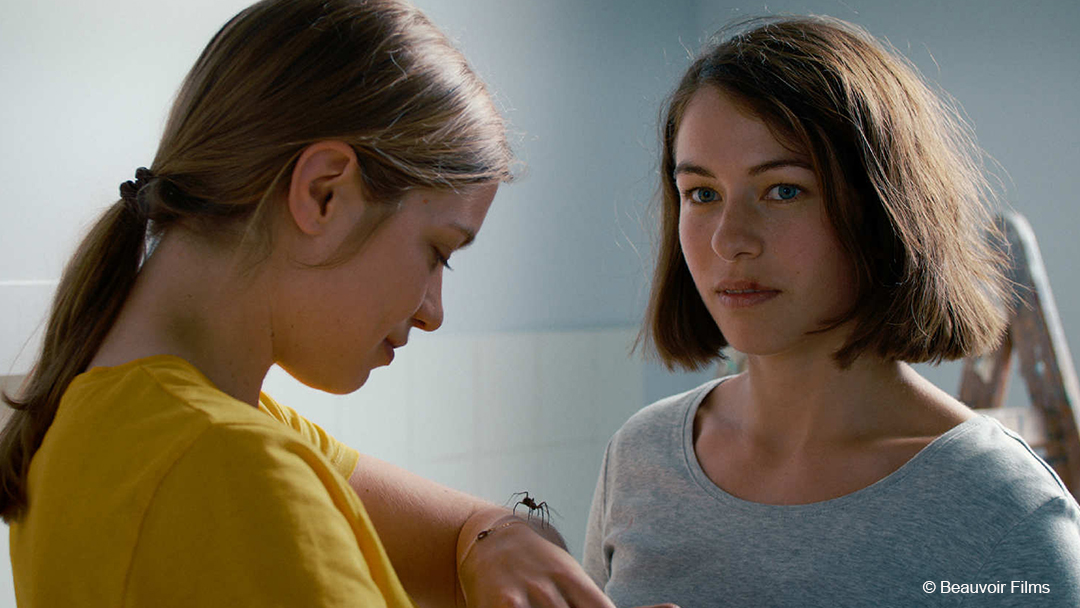
Ostensibly the story of a Berlin family preparing for its evening dinner as a cat wanders the apartment, The Strange Little Cat was among the most beguiling films of the early-to-mid 2010s and its more mysterious explorations of everyday family life. With the 2021 Toronto International Film Festival entry The Girl and the Spider, director Ramon Zürcher returns, with brother Silvan Zürcher as co-director. (The latter produced The Strange Little Cat.) Spider is equally captivating––a mesmerizing, uniquely ambiguous study of friendship, rivalry, tension, and memory. It is difficult to remember another recent film that does so much with so little in the way of plot and location. – Chris S. (full review)
Hester Street (Joan Micklin Silver)
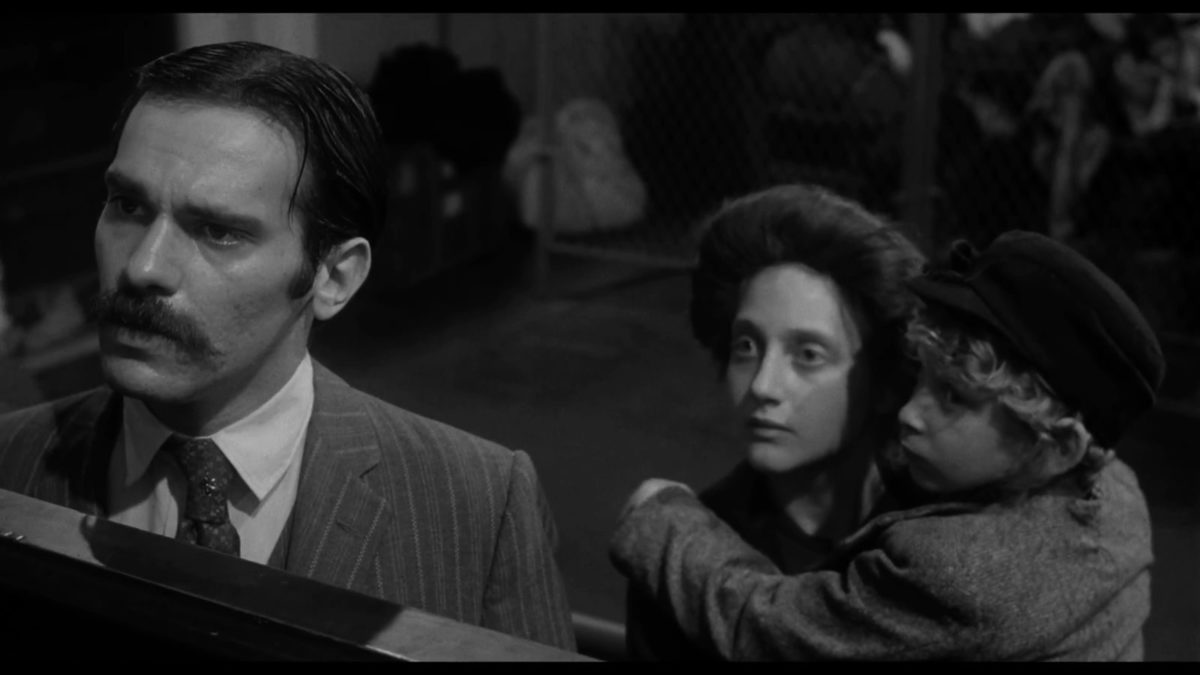
Joan Micklin Silver, who passed away at the very end of 2020, should’ve been more acclaimed in her own time, but the work is now ripe for rediscovery thanks to some recent restorations. Following Between the Lines, her debut feature Hester Street has been beautifully restored, bringing new life to the story of Gitl (Carol Kane, in an Oscar-nominated performance) as she arrives in the Lower East Side in 1896 after her husband Yankel (Steven Keats) has already left behind much of his former life. As proven in her later films, including Crossing Delancey (set in a similar location, albeit nearly a century later), the writer-director’s deft touch with actors and atmosphere seemed to arrive fully formed. If you can’t make the NYFF screening, it’ll arrive at the Quad Cinema on October 1.
Neptune Frost (Saul Williams and Anisia Uzeyman)
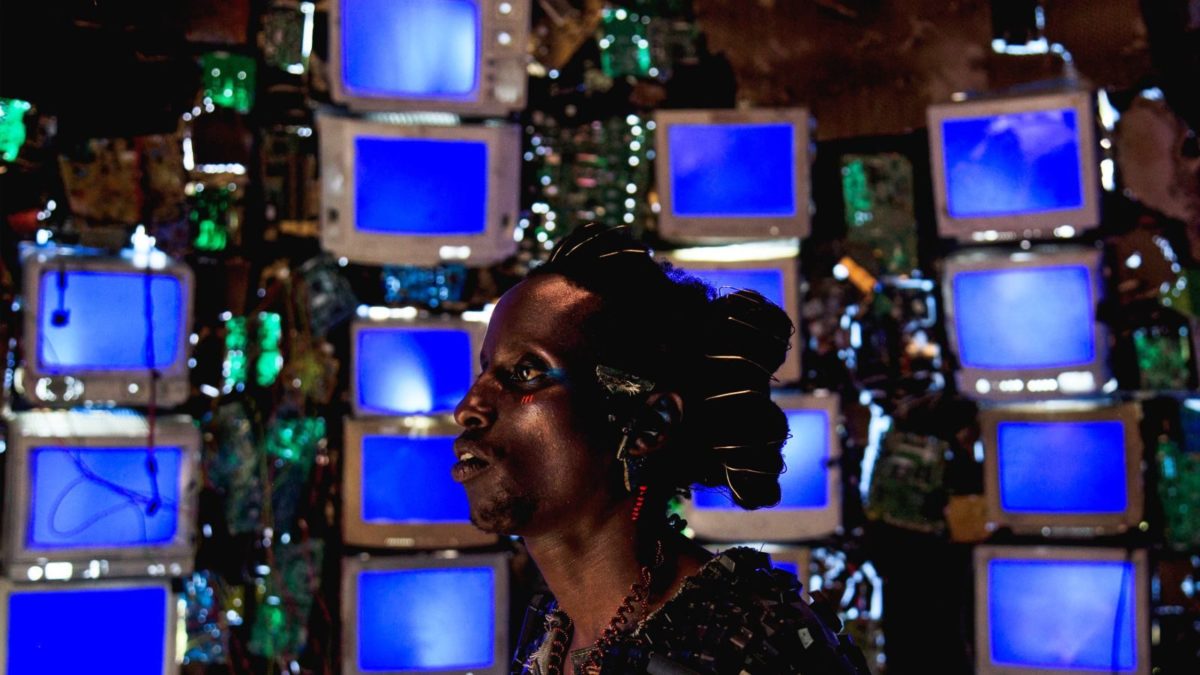
Neptune Frost—the directorial debut from poet, rapper, actor, performer Saul Williams (co-helmed with Anisia Uzeyman)—exists in a state of singularity, teetering between present and future. Set in a makeshift village in Rwanda and featuring musical elements composed by Williams, the drama looks at technology, capitalism, and the big machine, and raises a middle finger by promoting protest, gender fluidity, and cosmic connection. Repetition becomes an anthem as Williams’ characters, a coltan miner and intersex runaway, find one another through shared dreams. It’s full of anger, passion, love, and a collective desire to impact the world and those that run it from high places. – Michael F.
Returning to Reims (Jean-Gabriel Périot)
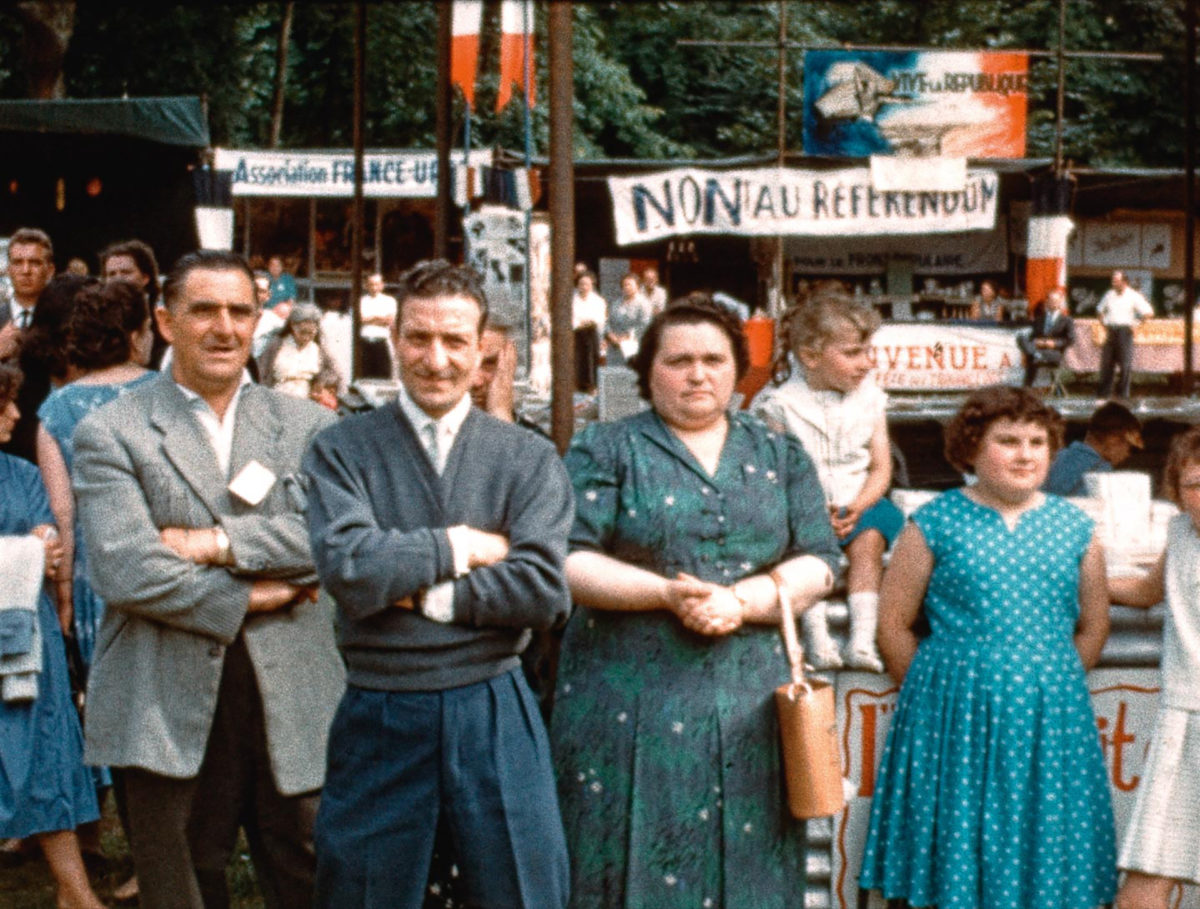
The MIT Press describes Didier Eribon’s book Returning to Reims as “a memoir and meditation on individual and class identity, and the forces that keep us locked in political closets.” The author never went back home upon leaving until after his father was moved to a nursing home for those afflicted by Alzheimer’s; and it was only upon his return that he began to recognize the underlying factors that made its community what it became, despite its origins. By looking inward at his own identity as a gay progressive always at odds with a homophobic dad who gradually allied himself with the National Front, Eribon began to uncover the historical events that altered the political landscape enough for a working-class town to embrace the far-right. Director Jean-Gabriel Périot brings those words to life via an archival-based, visual collage entitled Retour A Reims [Fragments]. With Adèle Haenel narrating excerpts from Eribon’s book and imagery spanning fiction, documentary, and journalism, he leads us through the struggle most French citizens endured under the thumb of an insulated and power-hungry aristocracy from the 1950s through today. – Jared M. (full review)
Sweet Sweetback’s Baadasssss Song (Melvin Van Peebles)
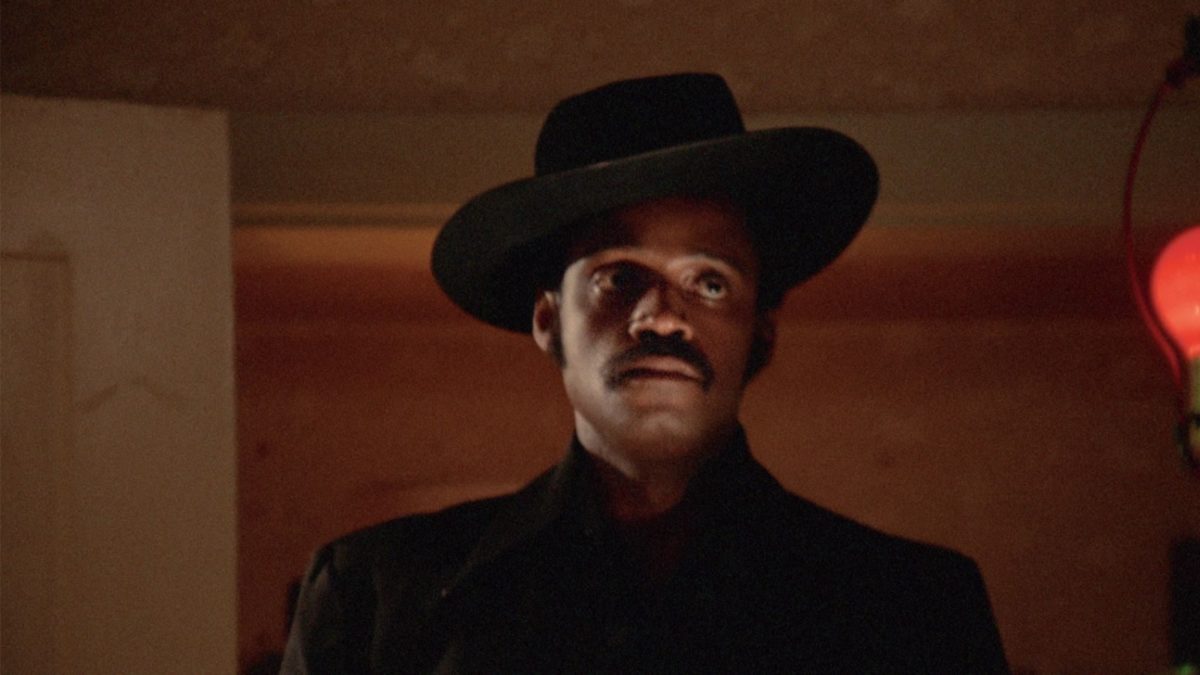
As we mourn the passing of Melvin Van Peebles at age 89, there’s never been a better time to (re)discover his work—Criterion’s collection of restorations arrive in box set form later this month. Before that, however, his most iconic feature, the blaxploitation landmark Sweet Sweetback’s Baadasssss Song, will get the big-screen treatment at New York Film Festival (including a rare, sure-to-be-raucous outdoor screening that will now certainly serve as a tribute to the late director). His self-funded 1971 feature leaves few taboos untouched, not only in content but also in his rapid-fire style that would pave the way for American cinema to come.
The Tsugua Diaries (Maureen Fazandeiro and Miguel Gomes)
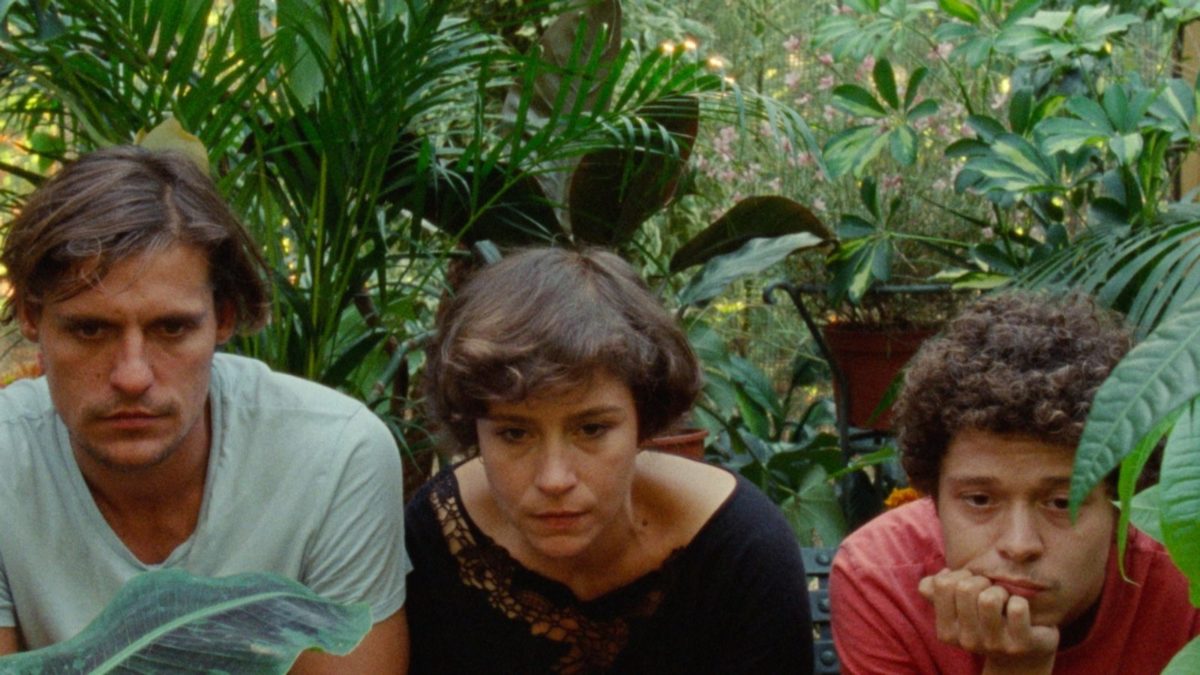
When the idea of “pandemic movies” becoming a sort of subgenre was formed and necessitated by global conditions, there was a groan that could be heard around the world. We know how this goes. Artists will jump on gimmicky opportunities to shallowly explore interior space and entrapment. It became a cliché before any movie was even made. Yet some great artists found a way to make unique, memorable studies of the current moment. Mati Diop’s In My Room used interior space and feelings of inability to escape to explore monotonous life. Rob Savage’s clever Host turned entrapment into a nightmare of computer-aided terror. The latest film from Portugal’s Maureen Fazandeiro and Miguel Gomes is an exercise in how art itself––and, by virtue, the people involved in making it––has been changed by the pandemic. – Soham G. (full review)
What Do We See When We Look at the Sky? (Aleksandre Koberidze)
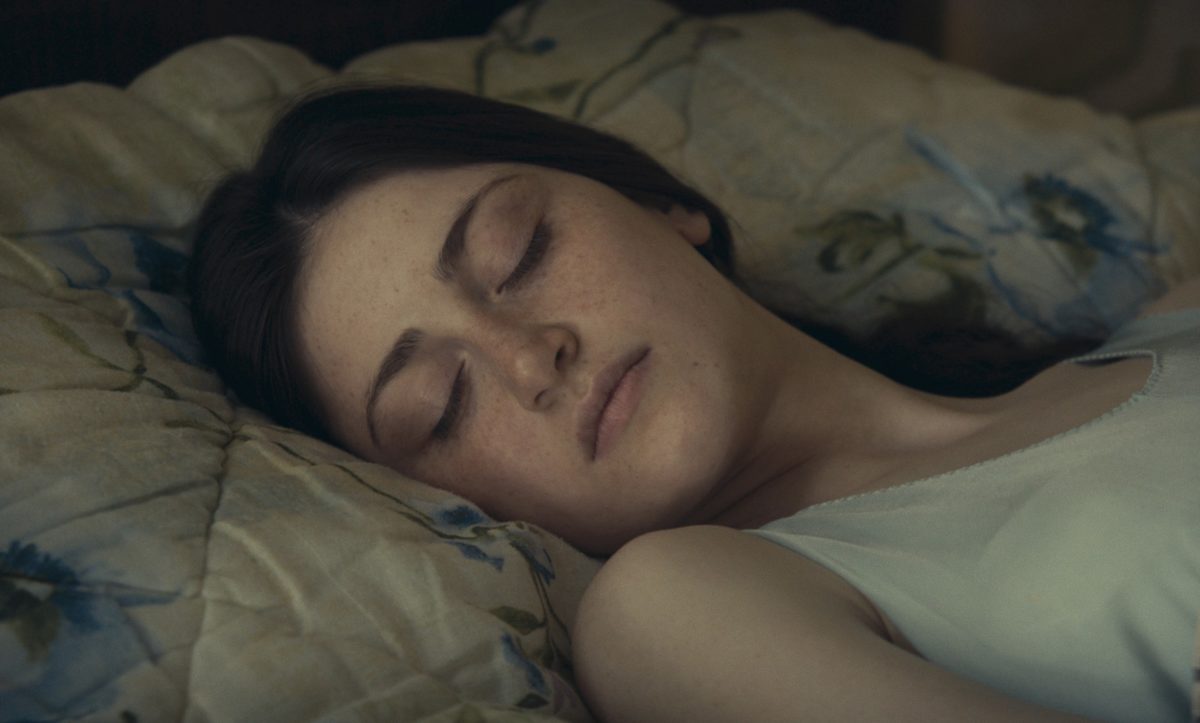
What did the drain pipe, the security camera, and the sapling say to the girl when she crossed the road? This is the set up, not of some shitty joke, but of a key scene of dramatic conflict in Aleksandre Koberidze’s What Do We See When We Look at the Sky?. At the beginning of the film, Lisa (Oliko Barbakadze) and Giorgi (Giorgi Ambroladze) have an odd meet cute in the streets of the Georgian city of Kutaisi. They fall in love at first sight, arrange to meet at a cafe the next day, and forget to ask each others’ names. As Lisa heads home, the pipe, camera, and sapling decide to warn her of encroaching danger. As recounted to us by a narrator (voiced by director Aleksandre Koberidze), they tell Lisa that an evil eye observed her meeting with Giorgi and has cursed them. The next day, she will wake up looking like a different person, and he will be unable to recognize her. But there was a final part of the curse that Lisa didn’t hear; the wind was supposed to tell it to her, but got cut off by passing cars. Unbeknownst to him, or to Lisa, Giorgi will also wake up looking like a different person. When they next see each other, they’ll see a stranger. – Orla S. (full review)
Wheel of Fortune and Fantasy and Drive My Car (Ryūsuke Hamaguchi)
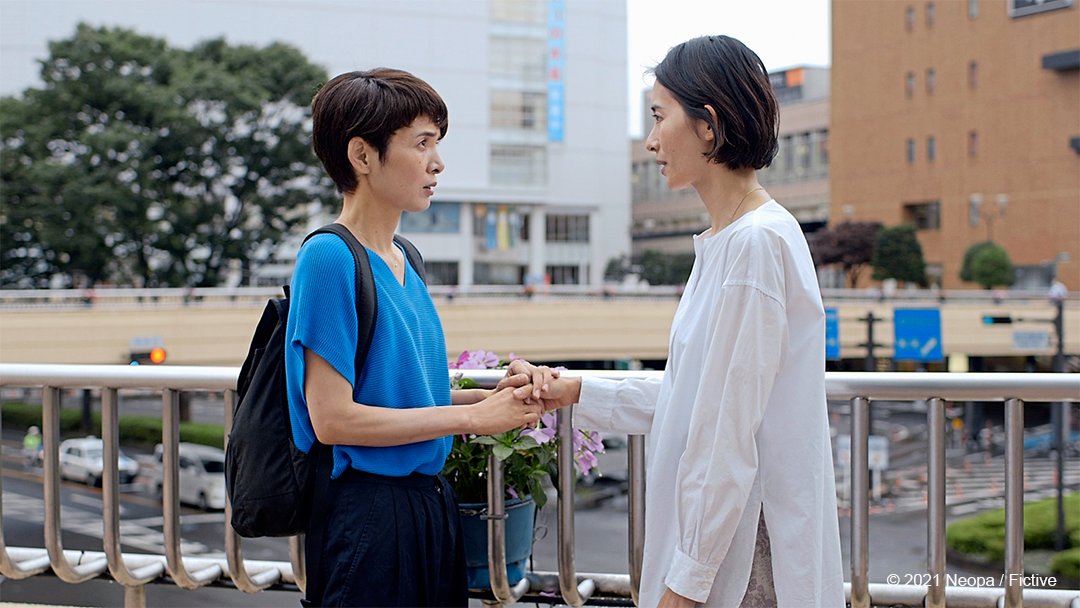
If you’ve been following the site at all, particularly this year, you know Ryūsuke Hamaguchi is one of the most talented filmmakers to emerge in recent years. 2021 marks a banner year for the Japanese director with two masterpieces: his Berlinale premiere Wheel of Fortune and Fantasy and Cannes premiere Drive My Car––both now coming to NYFF with the director in person. We can’t imagine a more memorable cinematic event this year.
The Worst Person in the World (Joachim Trier)
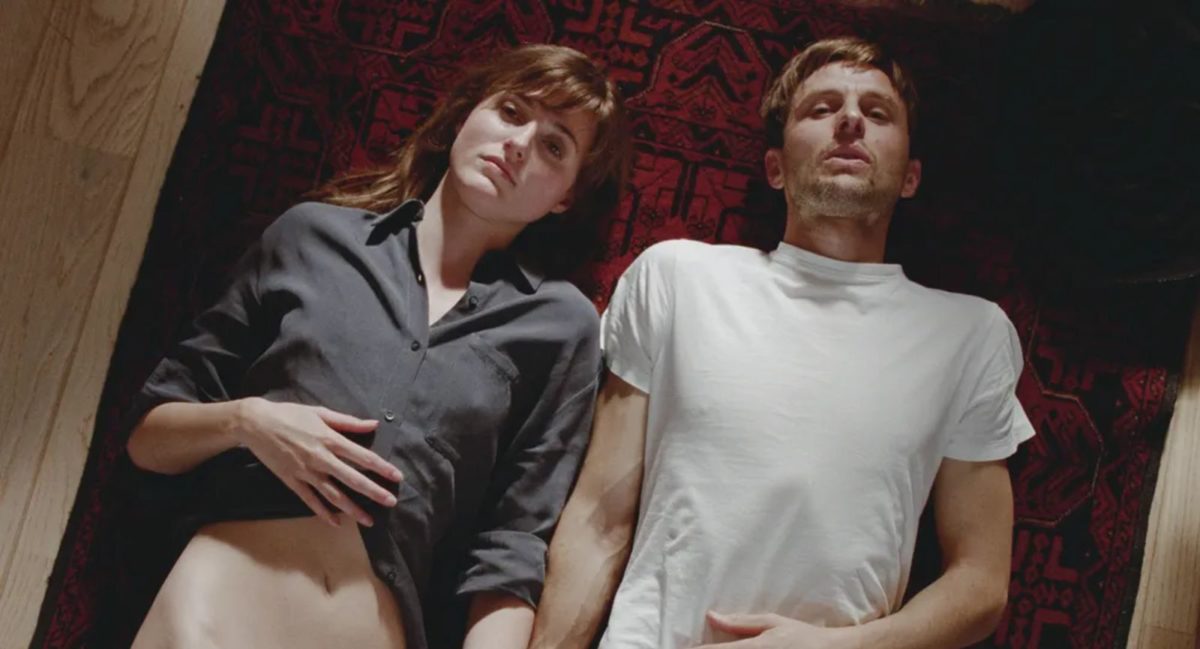
There’s a bravura scene in Joachim Trier’s funny, sexy, and intelligent new rom-com The Worst Person in the World where time stops dead. Its millennial protagonist, Julie (a star-making performance from Renate Reinsve) roams downtown Oslo as everyone else stands still; she can do whatever she likes sans consequence, and without risking wasting the time she has. She can see the coffee shop barista she has a crush on, without the chance of her long-term boyfriend finding out. But it’s more than that––she’s free from the responsibilities of decision-making. Under the strain of a world of constant distractions, of phone screens with relentless notifications, a news cycle with persistent worries about COVID or climate change or the hostile discourse of identity politics, isn’t that break from life the perennial Gen-Y fantasy? – Ed F. (full review)
The 59th New York Film Festival runs from September 24-October 10. See more info and all available tickets here.
